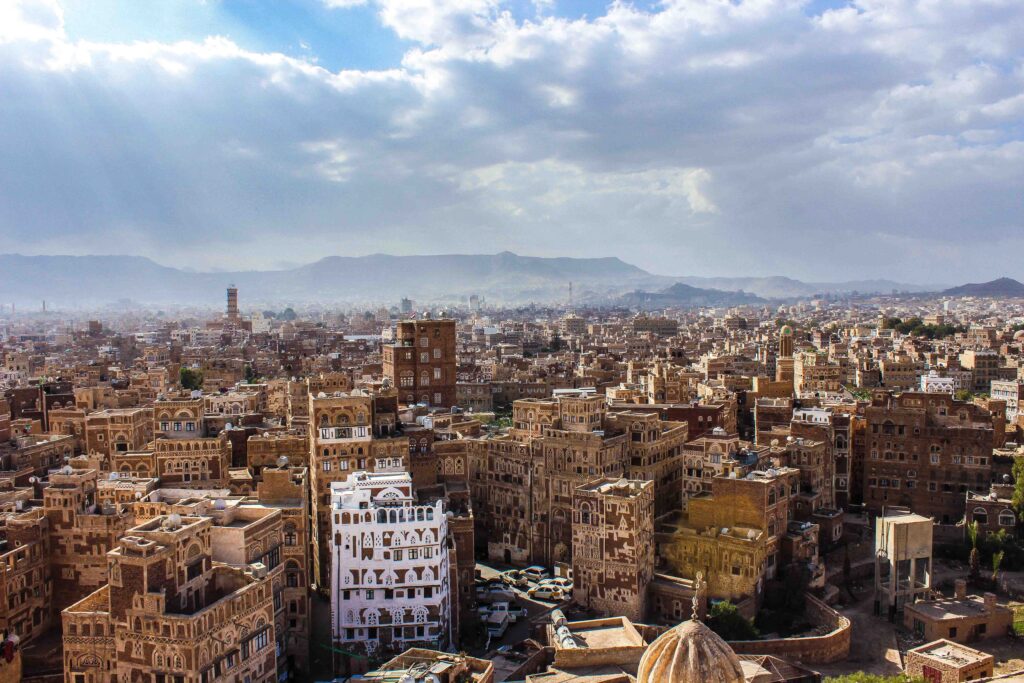My Water Diary was an eye-opening experience. I thought I would be significantly lower than I was. My Personal water footprint was 1,952 Gallons/Day or 3226.2 m³ per year. Compared to the US Average: 1,802 Gallons/Day. I will now compare this to Syria and Turkey. Syria on one hand has a Total water footprint of 36 000 million m3/year of which 84 % is internal and 16% is external. Turkey on the contrary has a total water footprint of 110 000 million m3/year of which 79% is internal and 21% is external. This is compared to the U.S. with a total water footprint of 820 000 million m3/year of which 80% is internal and 20% is external. What is most notable however is how similar the export to import numbers are across these three states. Compared to a state like Jordan where 86% of the water is external this can have several impacts on water usage in the region both socially and politically. Take the Tigris–Euphrates river system, this contested watershed has vast social and political importance. States that need the Tigris-Euphrates water system hotly contest its shores. However, the key player in terms of water politics in this area is Turkey, Contruction of dams in Syria and Iraq has had serious Enviromental and negative impacts on biodiversity in the river. As well as limiting downstream resources to Iraq and Syria. Additionally, the Tigris river holds great religious significance appearing in the Book of Genesissaid to branch out of the holy Garden of Eden. The holy figure Daniel also states that he received one of his visions by the river. For these reasons sustainability in the region is a hotly contested question. On one hand Turkey damming the river is a source of clean energy. Which is an SDG from the UN. However, it hurts water flow to neighboring states, and ruining biodiversity by cutting off marine life’s reproductive routes. The Tigris Euphrates river has historically been home to fertile land, which laid the groundwork for the world first civilizations. Today, due to climate change this region has taken a heavy hit. Unchecked environmental degradation and resource depletion have put this area at risk. This is because this river system is vital for drinking water, irrigation, and hydropower. If not cared for properly, it could lead to mass loss of life or greater large-scale conflict. The best example of this is in how Syria and Iraq are vulnerable to the consequences of dam-building activity in Turkey and Iran, given the two Arab states midstream and downstream positions. Turkey’s Southeastern Anatolia Project (GAP), “which consists of 22 dams and 19 hydroelectric power plants in the ET basin, is of particular concern to both states.” This can lead to high drought risk, and high riverine flood risk. More than meets the eye is needed to fix these problems. Take the damming example again, there are other actors at play, such as the Kurdish Regional Government in Iraq, which would need to be consulted at the very least given its location at the intersection of each state and its administration of territory that includes the Tigris and several of its tributaries. Additional variables complicate matters as well, particularly regarding Syria. The Syrian government is not in full-control of the country despite recapturing most of the territory that it had lost earlier in its civil war. In the end, non of these problems have a one quick fix answer. it would take unilateral action to fix these problems that could ultimately benefit all of these states/

2 responses to “My Water Diary”
Consider using paragraphs: a wall of text is hard to take in.
What do you mean at the end by unilateral action being needed? Is a cooperative arrangement not possible, given that you say all can benefit? Unilateral on whose part—Turkey’s?
Thanks for the feedback! Regarding the unilateral action portion, I was providing some commentary on the struggle for how ownership and rights to the two rivers, has been marked by cooperation difficulties. Specifically, how neither Turkey nor Iran have been willing to sign an agreement that would guarantee greater water resources to states like Iraq and Syria.